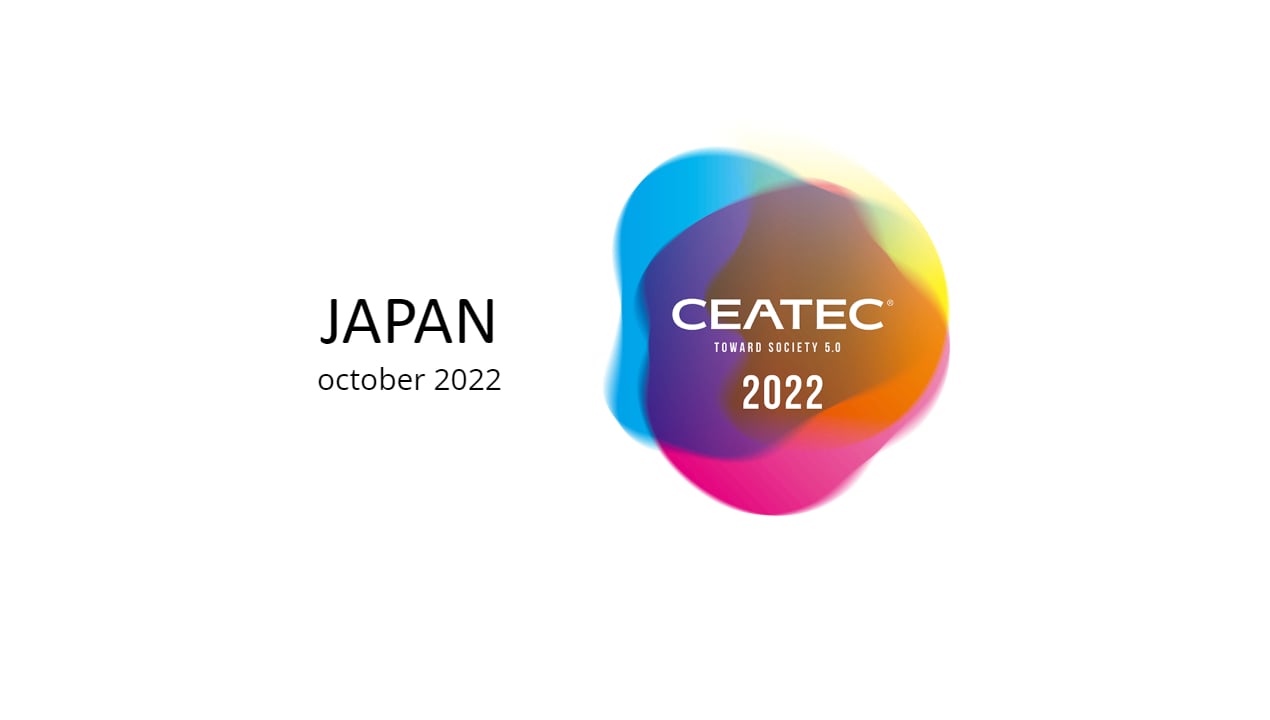Bisly’s work in the Japanese market continues vigorously this year as well, and Bisly is one of the European companies selected to take part in Japanese biggest electronics fair, CEATEC 2022. Thanks to the successful participation in the Japanese innovation competition “Japan Challenge for Society 5.0 – Accelerate Innovation with Japan” held by JETRO this past fall, Bisly has since had a chance to take part in numerous Japanese business and cooperation programs and gained valuable contacts there.
CEATEC takes place in October and is the biggest annual electronic fair in Japan. It’s as influential there as CES is in the USA and IFA in Europe. “The Japanese market is huge and holds a lot of potential for Bisly, as Smart City and Smart Living solutions have been created and highly valued in Japan for a while now,” commented Rene Üpraus, co-founder and sales director at Bisly, on the export plans. JETRO is Japan’s national foreign trade organization, which works to promote cooperation, trade relations and investment opportunities between Japan and the rest of the world.
By now, Bisly has started cooperation discussions with representatives of multiple large Japanese corporations, and has already received positive feedback regarding its smart building systems. “When attending the fair, existing customers add a bit of extra confidence as we can continue our talks face-to-face. Building relationships takes longer in Japan, so it’s important to remain patient,” said Rene Üpraus.
National energy saving requirements are driving the Japanese smart building automations market
The biggest challenge for smart building solutions in the Japanese market is the complexity and high price point of the system. That’s why Bisly’s scalable and cheaper technology has attracted a lot of interest from the Japanese. Bisly’s smart building technology, which can be installed fast and without any special knowledge, enables to connect different buildings into a single system. It makes it possible to put lighting, heating, cooling and many other building systems into operation in a way where they take each others’ work into account. Optimal and needs-based consumption helps to save a lot of energy and increase the energy-efficiency of buildings significantly.
Japan’s large construction volumes and state subsidies help ensure the fast growth of the smart building technology and building automation market. To reduce the energy consumption of buildings, the state has even introduced a law regarding energy saving. This, however, increases the demand for energy-efficiency technologies and building automation solutions. By 2024, the Japanese building automation market is expected to reach a value of USD 10 billion (by MarketsandMarkets).

